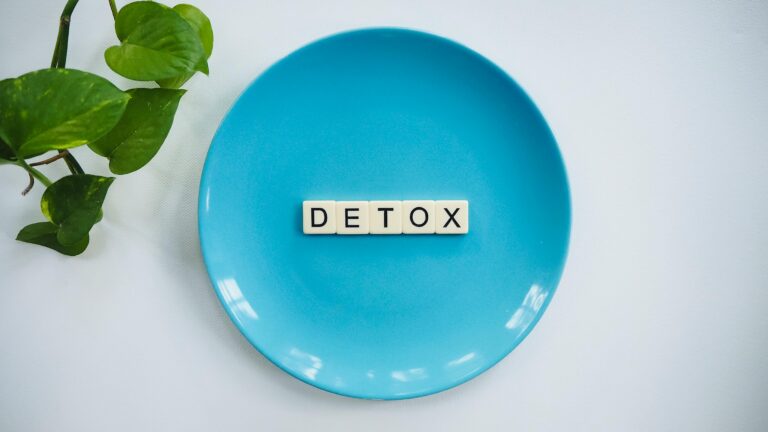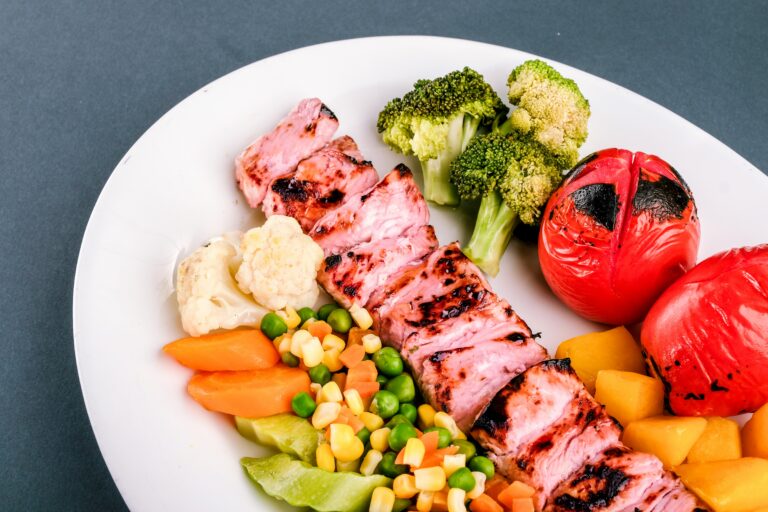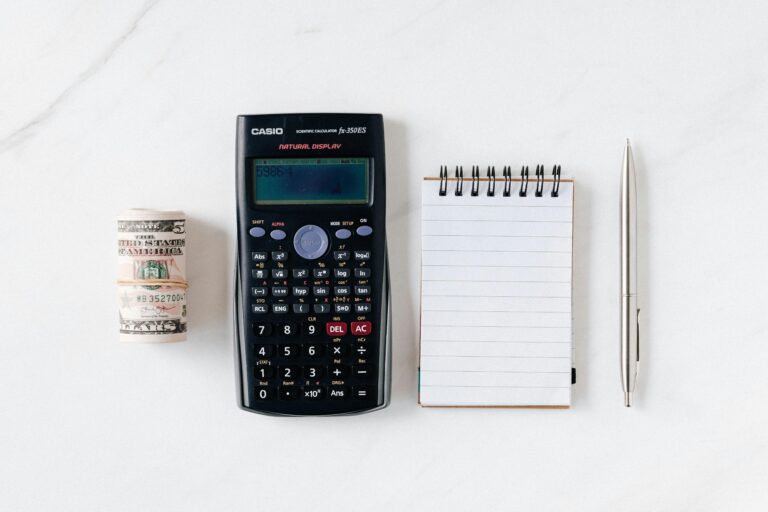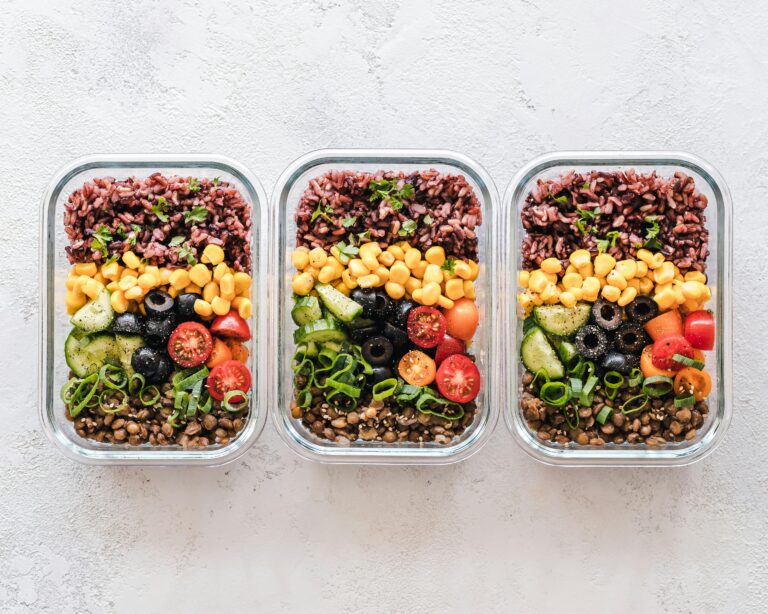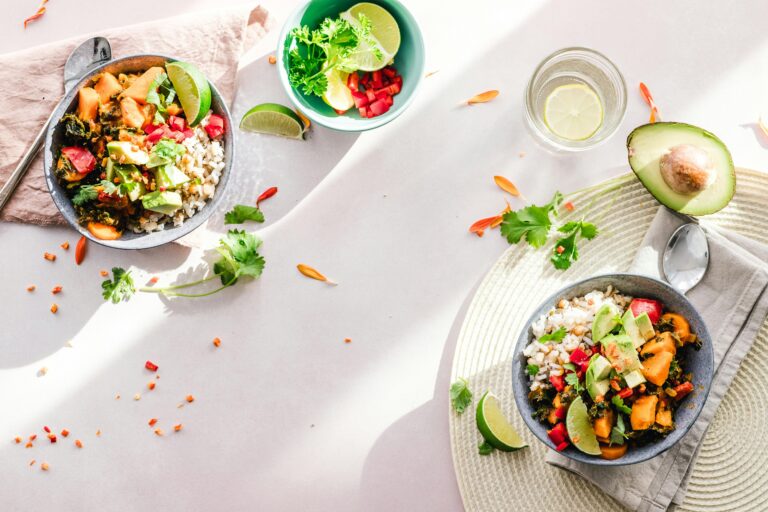5 Key Vitamins and Minerals That Support Weight Loss

Table of Contents:
Overview
Vitamins and minerals are essential for weight loss. Without them, your body struggles to function optimally, making it harder to shed those extra pounds. Imagine trying to drive a car without fuel – that’s what it’s like trying to lose weight without adequate nutrients.
Deficiencies in certain vitamins and minerals can throw a wrench into your weight loss journey. They mess with your metabolism, energy levels, and even your cravings. It’s like trying to run a marathon with a pebble in your shoe – you’re not going to get very far.
In this article, we’ll dive into five key vitamins and minerals that play a crucial role in supporting weight loss. By understanding their importance and ensuring you’re getting enough of them, you’ll set yourself up for success on your weight loss journey. So, buckle up and get ready to turbocharge your metabolism with the power of vitamins and minerals.
1. Vitamin D
Vitamin D is like the sunshine for your body – it plays a crucial role in weight management by regulating your metabolism and helping your body absorb calcium. When you’re deficient in vitamin D, your body may struggle to metabolize fat efficiently, leading to weight gain despite your efforts.
Think of vitamin D deficiency as a dimmer switch on your metabolism – it slows things down and makes it harder for your body to burn calories. Studies have shown that people with low levels of vitamin D are more likely to be overweight or obese, highlighting the importance of this nutrient in weight management.
So, where can you get your daily dose of vitamin D? The sun is your best bet – just 10 to 15 minutes of sun exposure on your skin a few times a week can help your body produce enough vitamin D. But if you live in a place where sunshine is scarce or you spend most of your time indoors, you may need to rely on dietary sources like fatty fish (salmon, mackerel, sardines), eggs, fortified dairy products, and fortified cereals.
The recommended daily intake of vitamin D varies depending on factors like age, skin color, and sun exposure. Generally, adults should aim for 600 to 800 IU (International Units) of vitamin D per day. However, it’s always best to consult with a healthcare professional to determine the right dosage for you based on your individual needs and circumstances.
2. Calcium
Calcium isn’t just for building strong bones – it also plays a significant role in weight management. When it comes to shedding those extra pounds, calcium is your silent partner in crime, silently working behind the scenes to support your weight loss efforts.
Here’s how it works: calcium helps your body break down fat cells and prevents them from forming new ones. It’s like having a little superhero in your body that swoops in and saves the day by boosting your metabolism and burning fat more efficiently. Plus, calcium also helps regulate your appetite, keeping those hunger pangs at bay and preventing you from overeating.
So, where can you find this mighty mineral? Look no further than dairy products like milk, yogurt, and cheese – they’re packed with calcium and other essential nutrients that support weight loss. If dairy isn’t your thing, don’t worry – there are plenty of non-dairy sources of calcium too, including leafy greens like kale and collard greens, tofu, almonds, and fortified plant-based milk alternatives.
Incorporating calcium-rich foods into your diet is easy – simply swap out less nutritious options for healthier alternatives. For example, instead of reaching for that sugary cereal in the morning, opt for a bowl of fortified whole grain cereal with a splash of milk. Or, try adding some leafy greens to your salads, soups, or smoothies for an extra boost of calcium.
By including plenty of calcium-rich foods in your diet, you’ll not only support your weight loss goals but also promote overall health and well-being.
3. Vitamin B12
Vitamin B12 is like the fuel that keeps your metabolism running smoothly, ensuring that your body has the energy it needs to burn calories efficiently. It plays a crucial role in energy metabolism, helping your body convert food into energy that can be used to fuel your daily activities.
When you’re deficient in vitamin B12, it’s like trying to run a car on an empty tank – you’ll feel sluggish, tired, and your metabolism will slow down, making it harder to lose weight. That’s because vitamin B12 is essential for maintaining healthy nerve cells and red blood cells, both of which are involved in energy production.
So, where can you find this powerhouse nutrient? For non-vegetarians, vitamin B12 is abundant in animal products like meat, fish, eggs, and dairy products. But what if you’re a vegetarian or vegan? Don’t worry – there are still plenty of options for you too. Fortified foods like breakfast cereals, plant-based milk alternatives, and nutritional yeast are all excellent sources of vitamin B12 for those following a plant-based diet.
Incorporating vitamin B12-rich foods into your diet is easy – simply include a variety of animal or plant-based sources in your meals and snacks throughout the day. Whether you’re enjoying a hearty omelet for breakfast, a grilled salmon salad for lunch, or a bowl of fortified cereal with almond milk for a snack, you’ll be giving your body the vitamin B12 it needs to keep your metabolism revved up and running smoothly.
4. Iron
Iron is like the conductor of your body’s energy orchestra, ensuring that oxygen is efficiently transported to your muscles and organs, which is crucial for energy production. Without enough iron, your body can’t make enough red blood cells, leading to fatigue and decreased exercise capacity – not exactly the recipe for weight loss success.
Think of iron as the key ingredient in your body’s energy recipe. When you’re low on iron, it’s like trying to bake a cake without flour – you’re missing a crucial component that’s essential for the end result. That’s because iron is a vital component of hemoglobin, a protein in your red blood cells that carries oxygen from your lungs to the rest of your body. Without enough iron, your body can’t produce hemoglobin efficiently, leading to decreased oxygen delivery and decreased energy levels.
So, where can you find this essential nutrient? Iron is abundant in a variety of foods, including lean meats, poultry, fish, beans, lentils, tofu, spinach, and fortified cereals. But it’s not just about eating iron-rich foods – you also need to pay attention to factors that can enhance or inhibit iron absorption. For example, pairing iron-rich foods with vitamin C-rich foods like citrus fruits, bell peppers, and strawberries can boost iron absorption, while consuming calcium-rich foods like dairy products can inhibit absorption.
Incorporating iron-rich foods into your diet is key to supporting your energy levels and overall health, which is essential for successful weight loss. Whether you’re enjoying a hearty bowl of lentil soup, a spinach and chicken salad, or a tofu stir-fry with broccoli, you’ll be giving your body the iron it needs to thrive.
5. Magnesium
Magnesium is like the unsung hero of your body’s energy production and muscle function. This mighty mineral plays a crucial role in over 300 biochemical reactions in the body, including energy metabolism and muscle contraction. Without enough magnesium, your body’s ability to generate energy and move efficiently can be compromised – not exactly conducive to weight loss.
Think of magnesium as the spark plug in your body’s engine. It’s involved in converting food into energy, regulating blood sugar levels, and supporting insulin sensitivity. Without enough magnesium, your body may struggle to properly metabolize glucose, leading to fluctuations in blood sugar levels and potential weight gain.
So, where can you find this essential mineral? Magnesium is abundant in a variety of foods, including leafy greens like spinach and kale, nuts and seeds, whole grains, legumes, and seafood. Incorporating these magnesium-rich foods into your diet can help ensure that you’re meeting your daily magnesium needs and supporting your body’s energy production and muscle function.
It’s important to note that magnesium deficiency is relatively common, with studies suggesting that up to 50% of people may not be getting enough magnesium from their diets. Factors like stress, alcohol consumption, and certain medications can further deplete magnesium levels, making it even more important to prioritize magnesium-rich foods in your diet.
By including magnesium-rich foods in your meals and snacks, you can support your body’s energy production, muscle function, and overall health – all of which are essential for successful weight loss. Whether you’re enjoying a spinach salad with almonds, a quinoa bowl with black beans, or a piece of grilled salmon, you’ll be giving your body the magnesium it needs to thrive.
Conclusion
So, there you have it – the five key players in the game of weight loss: Vitamin D, Calcium, Vitamin B12, Iron, and Magnesium. Each of these essential nutrients plays a critical role in supporting your body’s metabolism, energy production, and overall health.
By ensuring you get an adequate intake of these vitamins and minerals through a balanced diet, you’re setting yourself up for success on your weight loss journey. From boosting fat metabolism to enhancing energy levels, these nutrients work synergistically to help you achieve your goals.
But remember, no single food or nutrient holds the magic key to weight loss. It’s all about balance and moderation. So, while focusing on these key vitamins and minerals, don’t forget to also prioritize nutrient-rich whole foods like fruits, vegetables, lean proteins, and whole grains.
And perhaps most importantly, be patient and consistent. Weight loss is a journey, not a sprint. So, take small, sustainable steps towards your goals, and celebrate your progress along the way.
With the right mindset and the right nutrients on your side, you’ve got everything you need to succeed. Here’s to a healthier, happier you!

